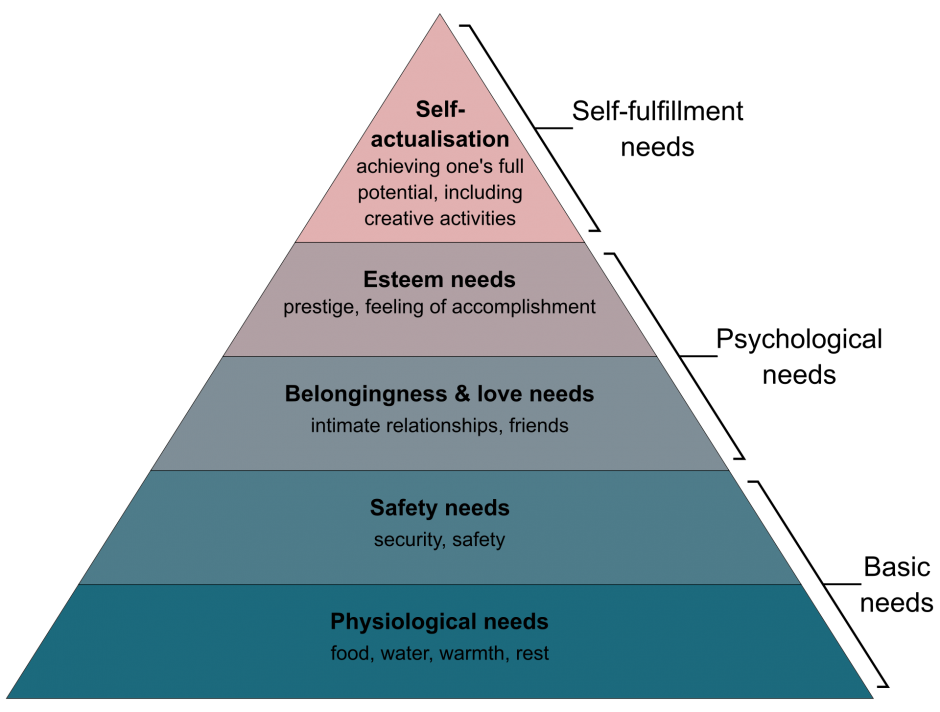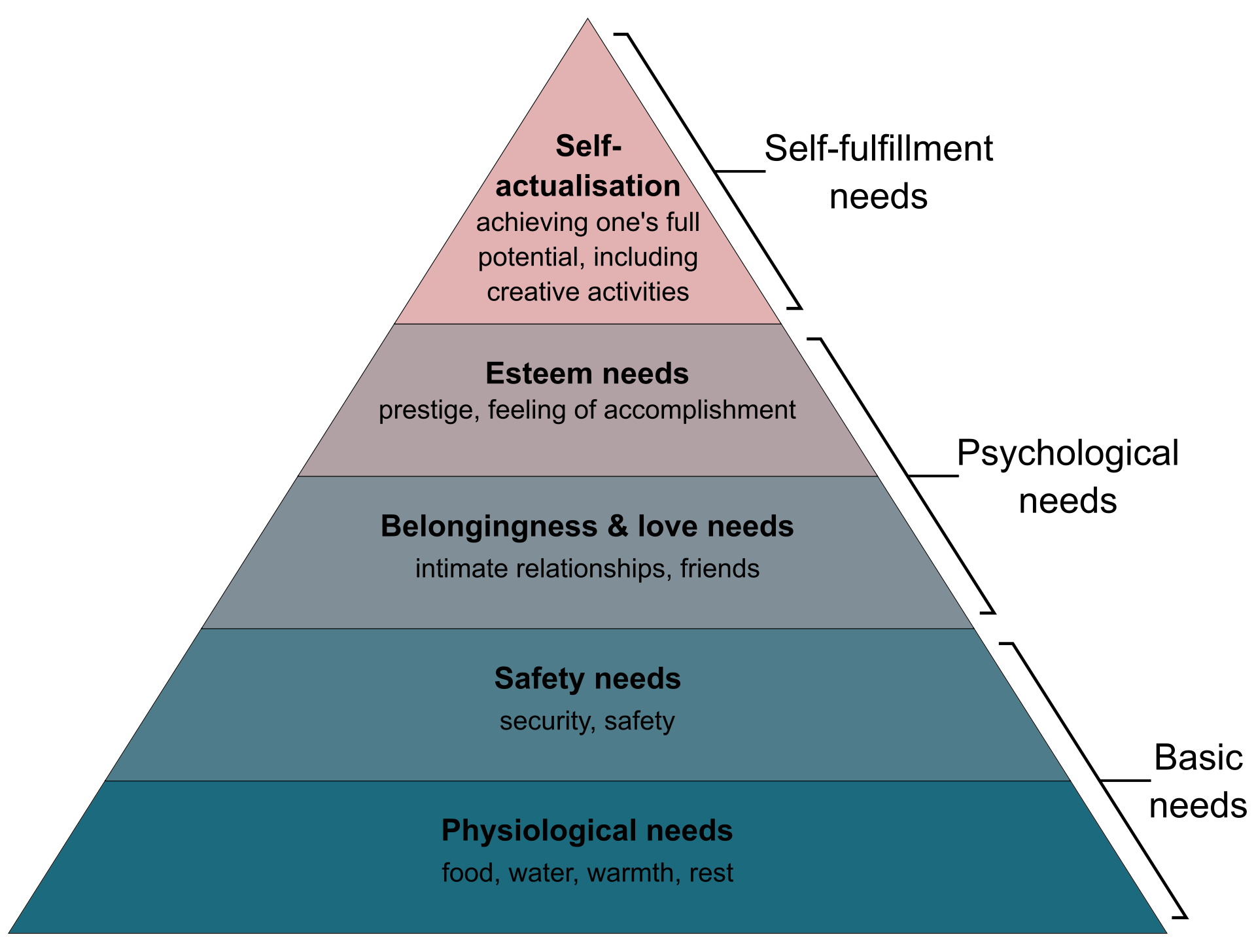Simply put, I coach my clients on the parts of their personal and professional lives in which they want to experience –not just improvements – but real fulfilment and optimisation. This can be anything from career, personal growth & self-actualisation, relationships, money and health (physical and mental fitness).
Many of my clients embark on their uniquely tailored one-to-one coaching programme with me focused on excelling in their career and personal growth. Some are CEO’s of large corporations and want to improve and develop their communication and leadership skills, some are entrepreneurs and want to gain awareness and key insights on how they can improve their impact, efficiency and productivity. And some of my clients seek to improve their levels of self-confidence and courage to fully step-into their true potential in all areas of their lives.
What’s true for all – regardless of what their initial area of focus may be – is that there’s always something deeper and more fundamental that needs to be addressed to facilitate true transformation. American psychologist Abraham Harold Maslow’s motivational theory of psychological health – The hierarchy of needs (1943), can help illustrate why.
The hierarchy of needs is predicated on fulfilling five innate human needs in priority, culminating in self-actualisation. Needs lower down in the hierarchy (physiological and safety needs) must be satisfied before individuals can attend to needs higher up. From the bottom of the hierarchy upwards, the needs are: physiological, safety, love and belonging, esteem, and self-actualisation. The first four levels are often referred to as deficiency needs (D-needs), and the top level is known as growth or being needs (B-needs).
Maslow’s Hierarchy of Needs
It’s true that you can move up the pyramid without fully satisfying the lower needs of belongingness, love and esteem needs. Yet deprivation of these lower needs makes the motivation to fulfil them stronger the longer they are denied. For example, the longer a person goes without love and belonging, the lonelier (1) and thus more likely they are to suffer the ill effects. Sadly, all too often, people wait too long and attempt to ignore the motivation to address their lower needs until side-effects such as anxiety, exhaustion, depression, self-doubt, loneliness and creep in. This is why, even when you have a beautiful home, are doing well at work, surrounded by great colleagues etc, you can still feel lonely and empty and become overwhelmed without really understanding fully why.
Now, with the second lockdown in the UK in effect, pay attention to this pyramid and consider what would happen if you addressed the areas in your life that could use a little TLC. Even small changes can lead to giant leaps on the journey to fulfilment and self-actualisation. Ask yourself what would happen if you continue to ignore your needs? What would your life be like if you attended to your needs and had them met? Take some time to write about each need you feel is currently unfulfilled and what you need to do and who you need to be in order to fulfil them.
And as always, if you’d like some help here, use the sign up box on my homepage to book a sample coaching session with me. I’m here to help you thrive.
x
The original hierarchy of needs five-stage model includes:
Maslow (1943,1954) stated that people are motivated to achieve certain needs and that some needs take precedence over others.
Our most basic need is for physical survival, and this will be the first thing that motivates our behaviour. Once that level is fulfilled the next level up is what motivates us, and so on.
- Physiological needs: these are biological requirements for human survival, e.g. air, food, drink, shelter, clothing, warmth, sex, sleep. If these needs are not satisfied the human body cannot function optimally. Maslow considered physiological needs the most important as all the other needs become secondary until these needs are met.
- Safety needs: Once an individual’s physiological needs are satisfied, the needs for security and safety become salient. People want to experience order, predictability and control in their lives. These needs can be fulfilled by the family and society (e.g. police, schools, business and medical care). For example, emotional security, financial security (e.g. employment, social welfare), law and order, freedom from fear, social stability, property, health and wellbeing (e.g. safety against accidents and injury).
- Love and belongingness needs – after physiological and safety needs have been fulfilled, the third level of human needs is social and involves feelings of belongingness. The need for interpersonal relationships motivates behaviour. Examples include friendship, intimacy, trust, and acceptance, receiving and giving affection and love. Affiliating, being part of a group (family, friends, work).
- Esteem needs are the fourth level in Maslow’s hierarchy – which Maslow classified into two categories: (i) esteem for oneself (dignity, achievement, mastery, independence) and (ii) the desire for reputation or respect from others (e.g., status, prestige). Maslow indicated that the need for respect or reputation is most important for children and adolescents and precedes real self-esteem or dignity.
- Self-actualisation needs are the highest level in Maslow’s hierarchy, and refer to the realisation of a person’s potential, self-fulfilment, seeking personal growth and peak experiences. Maslow (1943) describes this level as the desire to accomplish everything that one can, to become the most that one can be. Individuals may perceive or focus on this need very specifically. For example, one individual may have a strong desire to become an ideal parent. In another, the desire may be expressed economically, academically or athletically. For others, it may be expressed creatively, in paintings, pictures, or inventions.






